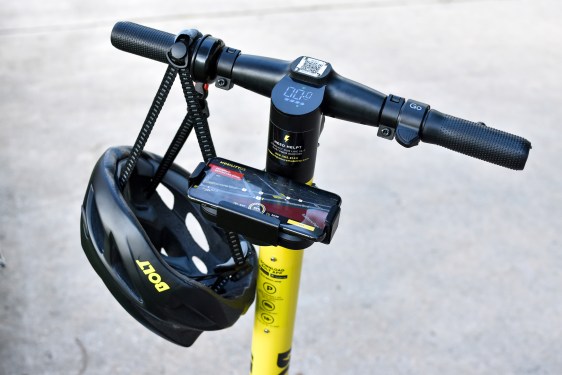Micromobility Companies Face Struggles Despite Early Success
The micromobility sector has faced significant challenges despite initial hype and investment. Companies like Bolt, Bird, Lime, and others have seen high demand in their early stages but are now struggling to sustain growth due to consumers not fully utilizing their services as expected.
Reasons for Struggle:
-
Consumer Behavior: Despite claims of affordable prices or high margins, consumers often underutilize the companies’ offerings. This underperformance is evident across various markets.
-
High Operational Costs: The cost structures of these companies are typically substantial relative to revenue, making it difficult to achieve profitability despite early demand spikes.
-
Regulatory Challenges: Regulatory issues can impose significant costs and complicate operations, further straining the financial health of micromobility providers.
Historical Context:
The micromobility market is part of a broader cycle seen in other regions. For instance:
-
The bike-sharing boom in China faced similar challenges with excess capacity.
-
European scooter companies have also struggled due to high operational costs and regulatory hurdles, leaving behind a trail of two-wheeled litter.
Conclusion:
Bolt’s failure is not unique within this market cycle. Its struggles align with broader trends where companies fail to achieve the expected levels of usage or profitability despite initial success. This underscores the cyclical nature of micromobility markets and the challenges inherent in maintaining sustained growth.



